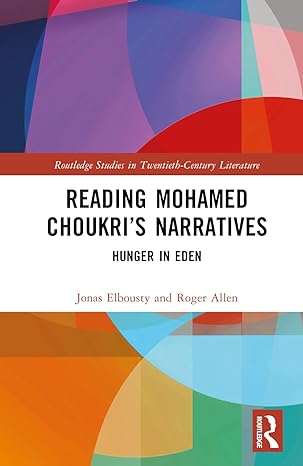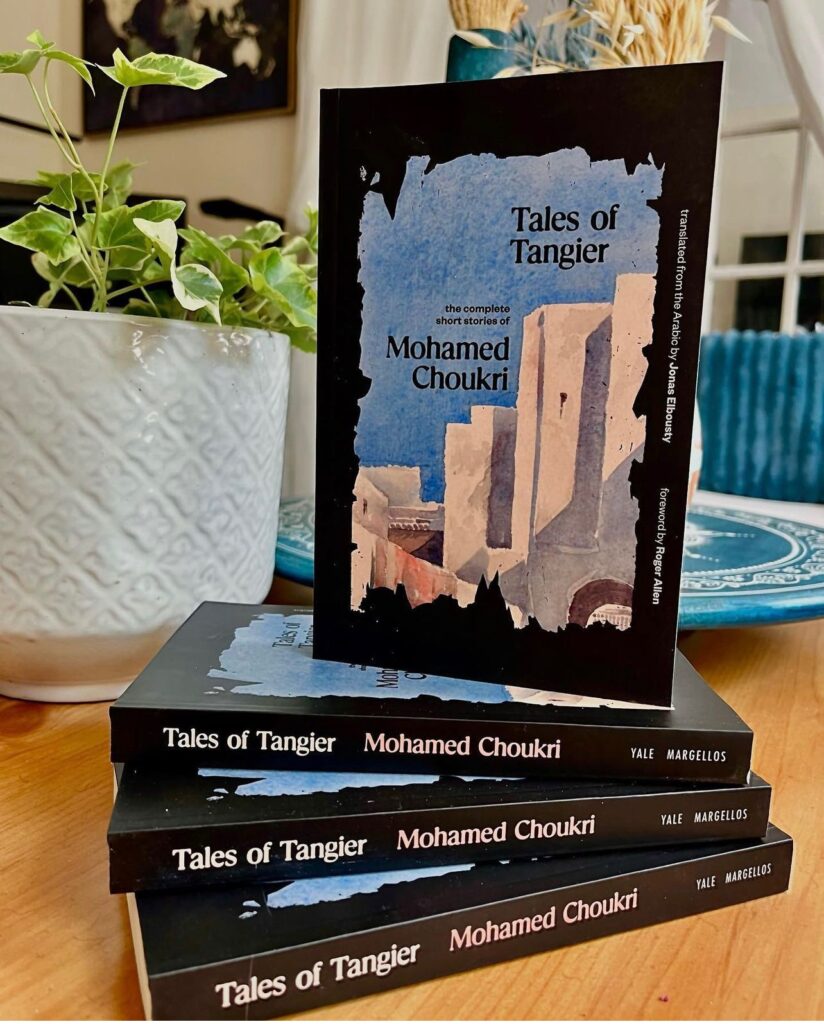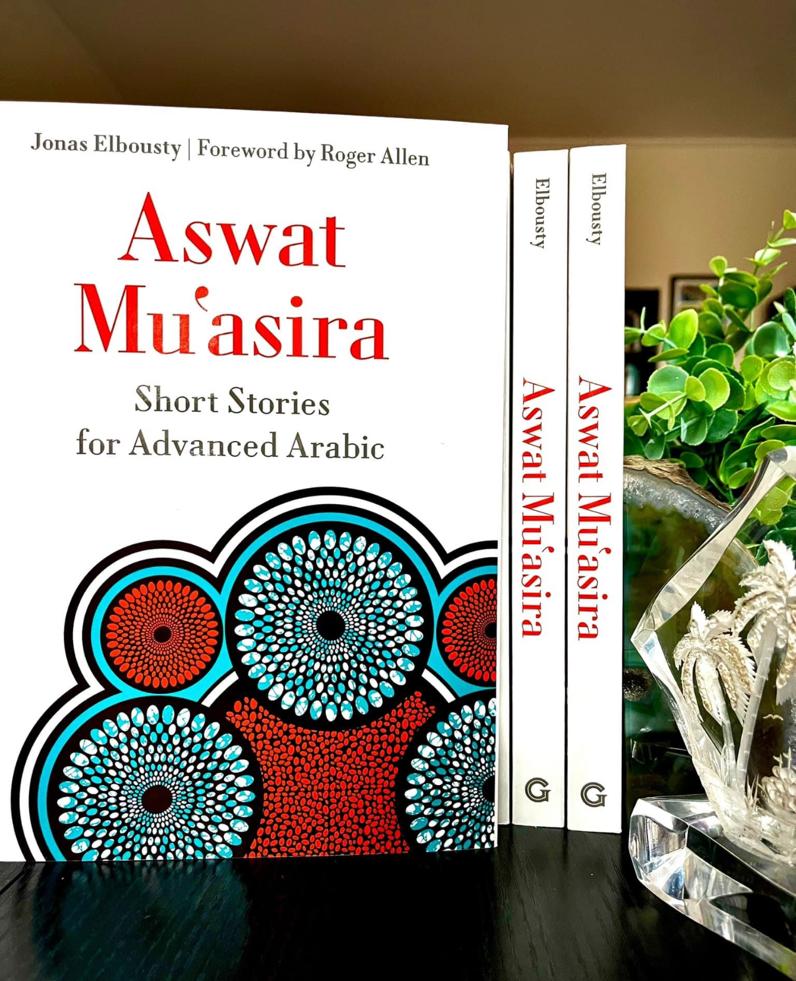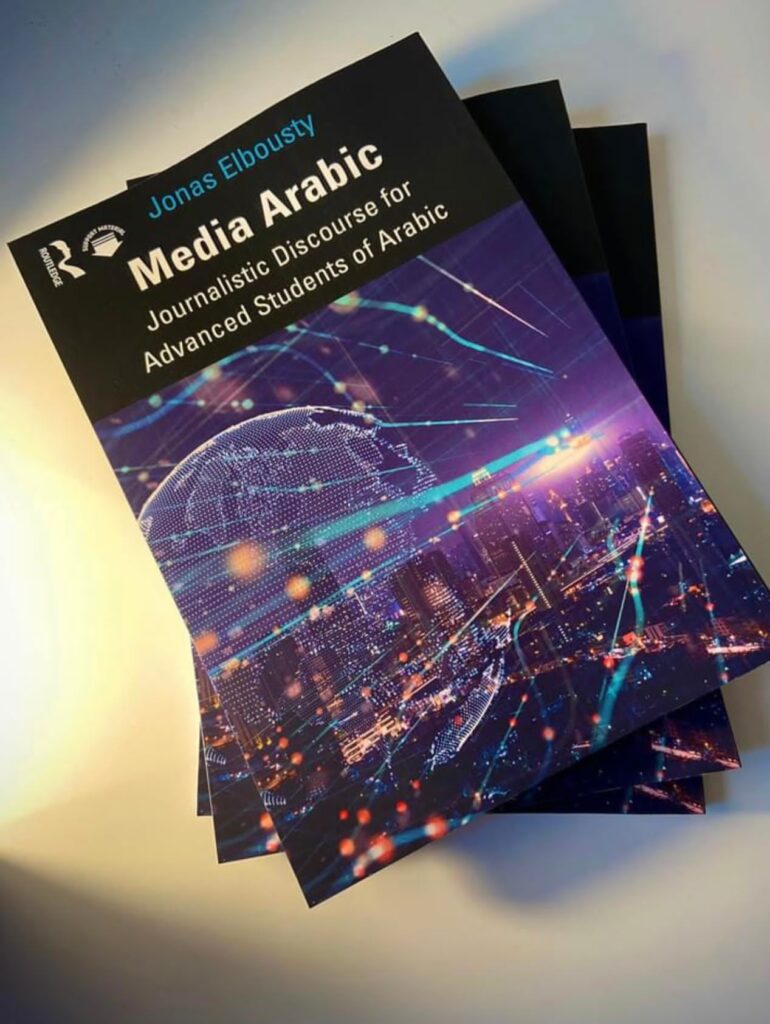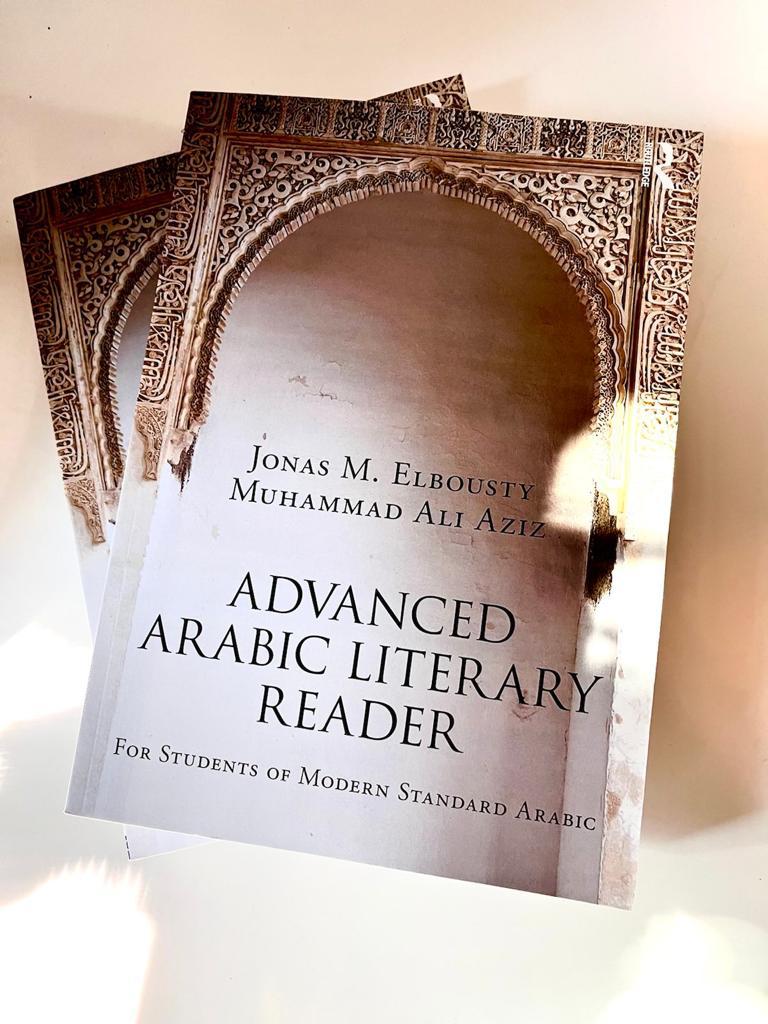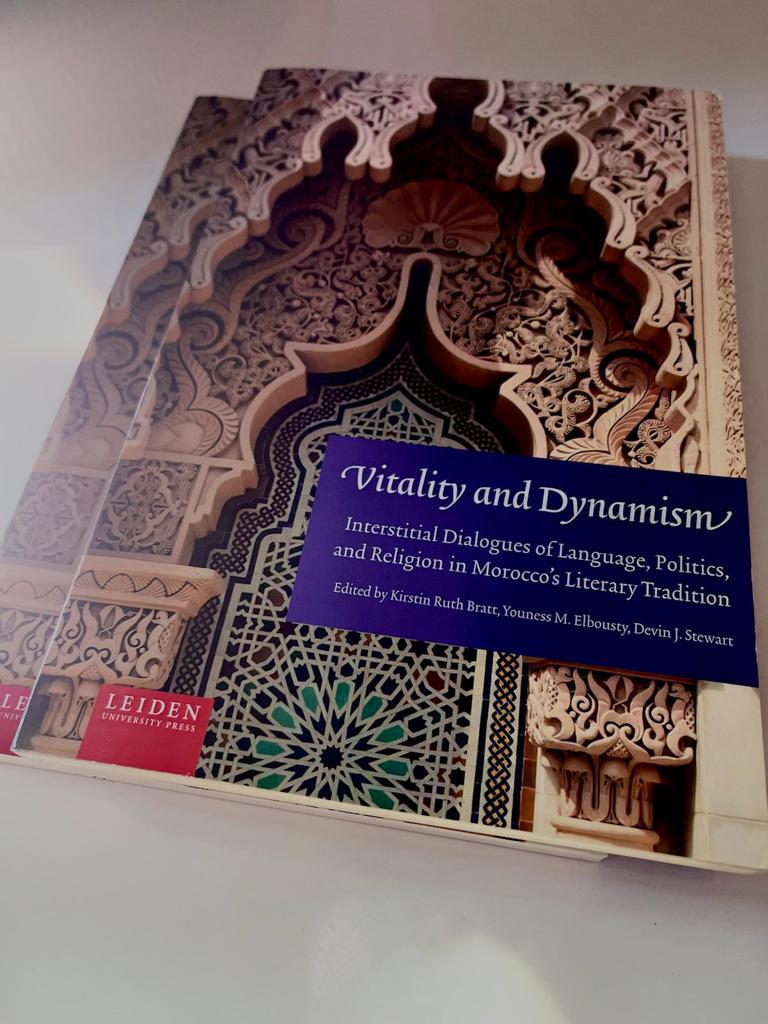BOOKS
The first English translation of one of the novels that helped change modern Arab literature
Mohamed Choukri, one of the most important writers of modern Moroccan literature, grew up in extreme poverty in Tangier and was illiterate until the age of twenty. After learning to read, he realized that “writing could also be a way to expose, to protest against those who have stolen my childhood, my teenage-hood and a piece of my youthfulness.” His vivid portrayals of marginalized people, which had been considered taboo, led to the censorship of his work and a cultural backlash in the Middle East.
In Faces, the third book in his trilogy of fictionalized autobiographical works, he describes gritty events, extreme poverty, prostitution, violence, sexual revelry, deprivation, and abuse. It is through his storytelling that Choukri reflects on human nature, love, and kindness–emphasizing the need for community and collaboration. Faces humanizes those undergoing poverty and places the blame for the violence they encounter squarely on colonial forces and the resulting postcolonial government, while opening literary traditions to a new style of writing.
Choukri’s friendships with Tennessee Williams, Paul Bowles, Jean Genet, and other writers brought him attention in his lifetime. But Faces—his last novel, which was originally published in Arabic in 2000—has remained untranslated until now. In English for the first time, Jonas Elbousty’s translation allows Choukri’s work to reach wider international discussions of contemporary Arab literature.
Reading Mohamed Choukri’s Narratives presents an intricate exploration into the life and literary universe of Mohamed Choukri, a towering figure in 20th-century Moroccan literature. Known primarily for his groundbreaking autobiographical work “al-Khubz al-Ḥāfī” (For Bread Alone), Choukri’s literary influence extends well beyond this single work. This book seeks to cast a light on his broader body of work, examining the cultural, societal, and personal influences that shaped his unique storytelling style. Through a deep analysis of his narratives, this text aims to unfold how Choukri portrayed the harsh realities he and others encountered, giving voice to the marginalized individuals and communities in Morocco.
The Screams of War is a visceral collection of poems that confront the realities of contemporary Syria. Akram Alkatreb’s verses capture the sense of the quotidian during war. His words, mere ‘murmurs engraved on stones’, long for and despair over an irrevocable past. At the heart of Alkatreb’s work lies a preoccupation with trauma and the profound burden of alienation that accompanies exile. Nascent memories are shrouded by the ‘scars of sleep’, and words find themselves nostalgic for destruction. The ubiquity of violence that Alkatreb channels into his poetry does not tolerate enclaves of innocence. The Screams of War is an unforgettable testament to the resilience of the human spirit and a stark reminder of the harsh realities faced by those trapped in conflict.
The complete short stories of acclaimed Moroccan author Mohamed Choukri, translated into English and collected in one volume for the first time
Mohamed Choukri’s vivid stories invite the reader to wander the winding streets of Tangier, the ancient coastal crossroads between Europe and Africa, and to meet its denizens at markets, beaches, cafés, and brothels. Choukri’s Tangier is a place where newborns are for sale, swindlers hawk the Prophet’s shoes to tourists, and boys collect trash to sell for food.
These thirty-one stories, in one English collection for the first time, are translated in a simple, straightforward manner. Choukri privileges the voices of those ignored by society: alcoholics and addicts, the mentally ill and the physically disabled, abused single mothers and abandoned orphans. He could not write about the “milk of birds” or of “angelic beauty,” Choukri said. “Writing is a protest, not a parade.”
Bursting with intensity and conjuring daily life in stunning detail, these stories are at once vibrant local vignettes and profound reflections on the lives, sufferings, and hopes of Choukri’s fellow Tangerines.
Aswat Mu’asira introduces advanced level students to contemporary short stories from across the Middle East. Fifty-five stories in Arabic from twenty countries engage students with current topics and literary approaches that open the door to discovering both established and emerging authors and literary traditions. The book includes voices from often overlooked Arabic-speaking countries and peoples, giving readers the opportunity to broaden their understanding of Arabic cultures.
While most Arabic literature textbooks include only excerpts of longer works, the short stories in this collection are designed to be read in one sitting, giving students the opportunity to immerse themselves in a complete piece of literature. Stories are organized into chapters based on their country of origin. Each story is preceded by an author biography and followed by exercises to help students practice vocabulary and comprehension, explore the literary tradition, and master literary analysis.
Scholars of Arabic literature will also welcome these new stories, many of which are available outside the Middle East for the first time in this collection and expand the understanding of the short story and of contemporary literature from this important region.
Media Arabic provides advanced students of Arabic with a range of engaging texts on controversial and contemporary topics that reflect the current social and political environment in the Middle East. Divided into ten thematic modules, each module includes three units based on a selection of authentic newspaper articles that dive deep into topics as diverse as climate change, racism, and corruption. Each unit contains comprehension and discussion questions as well as vocabulary lists, translation exercises, and creative writing exercises. Each topic also benefits from a curated selection of authentic news videos
Advanced Arabic Literary Reader is a truly representative collection of literary extracts from across the Arabic-speaking world. Extracts from each country in the Arab world have been carefully selected, with a balance of both male and female writers and prominent and emerging voices, providing a unique window into the Arab world. Suitable for both class use and independent study, each extract is supported by an introduction to the author, pre-reading activities, comprehension questions and discussion questions. These activities are designed to help learners expand and reinforce their vocabulary, develop their oral and written proficiency and stimulate further exploration of the cultural and historical background of the texts. Written entirely in Arabic, the Advanced Arabic Literary Reader is an essential text for advanced students who wish to further their reading, speaking, and writing ability in Modern Standard Arabic.
Post-colonial theory recognizes that European and American scholars have traditionally defined the themes that are of interest in literary criticism; in Moroccan studies, these themes have tended toward questions of migration, identity, secularism, and religious fanaticism typically questions regarding Morocco in its relationships with colonizing nations. This book intends to re-define the themes of interest in Moroccan studies, looking toward more local themes and movements and relationships of sub-cultures and languages within Morocco. Questions in this volume regard concepts of the self, conflicting discourses, intersections of self-identity and community, and Moroccan reclamation of identity in the post-colonial sphere.


